Voice-Based Learning Apps: The New Trend in Exam Preparation
How Voice-Enabled Study Apps Are Transforming Digital Learning in India
The advancement of technology has changed education in a way that is unimaginable, and the latest trend that is transforming the world of digital learning is voice-based learning apps. Smart assistants are answering your questions, to AI instruments that run voice exams, the world of learning is moving much further than screens.
These days, study apps aren't just digital libraries - they're intelligent devices that listen, speak, and adjust. Students are preparing for tests that are competitive, like NEET, JEE, or UPSC, and voice-enabled study apps have begun to emerge as game changers.
In this post, we'll look at how the use of voice transforms exam preparation, the reasons it's growing in recognition, and what student apps have a leading role in the revolution in India.
Understanding Voice-Based Learning Technology
Voice-based learning makes use of Artificial Intelligence (AI) and Neural Language Processing (NLP) for users to speak with each other. Instead of typing in their queries, the students speak into the app, and they will receive an audio explanation or feedback.
Modern AI-based study applications detect tone, intention, and the context of the subject. As an example, a student could ask, "Explain the Krebs cycle", and the app will respond with an elucidation immediately.
The technology mimics natural conversation, which makes digital learning and online education more engaging and interactive.
Beyond its ease of use, learning via voice is also beneficial for auditory learners, who are more likely to retain information in the event they can hear it. It helps bridge the gap between teaching by a teacher and the self-study method, providing a learning experience that is adaptive, accessible, and personal.
Why Voice-Based Study Apps are Gaining Popularity
The trend towards voice-enabled study apps isn't a random occurrence and is a direct result of how people prefer to study today.
This is why smart learning tools for students are now becoming commonplace:
- Hands-Free Convenience:
Users are able to revisit lessons or work on test questions when traveling or working out. - Inclusivity:
Voice learning can help visually impaired students as well as those who have difficulty reading to actively take part in online education. - Personalized Feedback:
AI analyzes how students behave at the level of difficulty or recommendations for topics. - Reduced Screen time:
With the amount of digital exposure available, the voice learning feature offers the chance to refresh your screen to aid in exam training. - Language Flexible:
Many applications now have multilingual support, which allows students from diverse countries to be able to master the language they prefer.
The increasing use of AI-based study applications signifies the next phase of digital learning and online education that is one in which technology can listen just as it instructs.
How Do Voice-Based Apps Help Students Prepare for Exams?
Voice-enabled study apps have revolutionized the way students review, remember, and assess themselves.
This is how they can improve test preparation:
- Interactive Training Session:
Students can participate in mock tests where the application reads out questions and then records the verbal responses. - Instant Clarifications:
Users are able to ask questions such as "What is Ohm's Law?" or "Explain Newton's second law," getting precise audio answers. - Reinforced Memory Retention:
Repetition of concepts in a loud voice helps to build long-term memory. The voice recall simulates oral tests and improves the ability to comprehend. - Continuous Revision:
Students are able to go over notes, terms, or flashcards in a conversation without scrolling manually.
Through combining speaking and listening, using a combination of both, these student apps recreate the real learning environment, encouraging better understanding and retention.
These features help to reduce the amount of studying that is passive and promote active learning - the most effective formula to ensure test success.
Best Study Apps For NEET and JEE Preparation
A number of top study apps include voice-learning capabilities to help make examination preparation easier and more effective.
Below is a short analysis of some popular apps and their voice-based functions:
App Name | Key Feature | Voice Learning Availability | Suitable For |
BYJU'S | Individualized videos and interactive quizzes | Partial (voice help for revision) | NEET, JEE, Boards |
Embibe | AI-powered practice using voice-enabled questions and Q&A | Yes | AIIMS, NEET, JEE |
Toppr | A study planner that is an interactive and smart assistant | Yes | JEE, NEET, Boards |
Vedantu | Live-streamed interactive classes with a teacher voice AI | Yes | NEET, JEE, CBSE |
Doubtnut | Image- and voice-based problem solver | Yes | NEET, Boards |
AIIMS Prep App | Quizzes on voice recall for biology and Chemistry | Yes | NEET aspirants |
The AI-based study applications let students engage with their peers in a dual-channel study. Instead of wasting time scrolling endlessly, the students can hear, react, and then learn, which makes online learning much more interactive.
Voice-based interactions are particularly beneficial to NEET and JEE candidates who require repetitive training and reinforcement of their concepts.
Voice Learning Apps Improve Study Techniques for Students
Voice learning is a way to tap into auditory processing - an aspect of cognitive processing that improves understanding and retention.
If students speak and listen simultaneously, they use many senses. This does not just improve memory but also increases understanding of difficult subjects.
A lot of student apps employ voice analysis to determine if a person is struggling with pronunciation, accuracy, and topic familiarity. In time, this can help students pinpoint areas that are weak and improve their study habits.
The study of voice-based language also encourages active participation instead of studying passively. Students may:
- Sing formulas loudly,
- Notes should be summarized verbally.
- Refresh key concepts with AI-powered instructions.
Therefore, these smart learning tools for students surpass rote learning. They help students develop more learning and better examination results.
Free Online Courses Available on Voice-Based Learning Apps
Many online learning platforms are now offering the option of free or low-cost access to audio-based classes.
Students may investigate:
- Google Assistant Learning Skills: Voice-based trivia and subject-based quizzes.
- Khan Academy: Vocal-interactive lessons for free with tools.
- Audiobooks (Education Section): Audiobooks with educational content for topics like science and history.
- Coursera and Udemy (Free Sections): Courses integrating speech-to-text.
These platforms can make digital learning and online education easier for all, regardless of financial means.
Local EdTech entrepreneurs are creating AI-based study applications providing free online lessons for students as well as entrance exam prep.
This change is a reflection of the increasing democratization of learning -- a process that is responsive, listens, and adapts to the needs of the individual.
Indian Apps offer Digital Learning for Entrance Exams
India's EdTech ecosystem has taken on voice-based study apps quickly than many world markets.
A few of the most ingenious student apps offering digital learning and online education by voice. These include:
- Unacademy: Provides live, voice-enabled sessions that allow real-time answers to questions.
- Embibe: It provides AI-powered voice guidance to help you learn more efficiently.
- Doubtnut: students can submit questions via voice and receive instant video responses.
- GradUp (now byJU's Exam Test Prep): Integrates speech-based exams and practice sessions.
- Toppr and Vedantu: Both permit voice participation during live classes and Q&A round-table discussions.
The platforms are not only catering to high school students, but also to aspirants who are preparing to take NEET, JEE, UPSC, and SSC tests.
Incorporating regional languages in the local syllabus, they make sure that exam preparation is all-inclusive and beneficial for all students in India.
Challenges and Limitations of Voice-Based Study Apps
The potential for learning is enormous, but voice-based learning isn't without several challenges.
- Accent Recognition
Artificial Intelligence could interpret words incorrectly when the accent of the user is different from the data it has been trained on. - Limited Subject Context
Certain ideas require formulas or diagrams that only voice tools can't convey. - Devices and Internet Requirements:
Continuous voice communication requires a strong connection and devices that are compatible. - Security Concerns for Data Privacy:
As apps can record voice recordings of users, Data security and transparency become essential.
But, as AI-based study applications improve, the limitations are being tackled with better speech models as well as multilingual assistance.
Future of AI and Voice Technology in Exam Training
The future for digital learning and online education lies in seamless technology-human interaction.
In the near future, voice-based study apps could include emotion detection, tone analysis, and intelligent reminders that can read students' moods or levels of fatigue.
Imagine an app that reads, "You've studied for two hours. Now let's go over the weak areas while going on breaks."
Integration in augmented reality (AR) and virtual classrooms may also allow 3-D voice explanations for your queries.
With the advancement of technology, exam preparation won't be an isolated process. It will become conversational, customized, personal, and interactive, which will allow every student to realize their potential by utilizing smart, intelligent learning.
Conclusion
The use of voice-based technology for learning is a revolution in the field of education. It is a combination of the human touch of conversations with the accuracy of AI.
From study apps that provide feedback on learners' progress and AI-based study applications that personalize feedback, this is changing the way students are preparing for their tests.
Active participation decreases fatigue from screens and helps make online learning easier and more inclusive.
In the age of continual digital change, the use of voice in education isn't merely a fashion -it's the future for exam preparation.
Help Your Education journey through Skoodosbridge!
Skoodosbridge provides parents, students, and institutions with the latest learning technologies for India. If you are interested in exploring the latest study apps or discovering the latest smart learning tools, or keeping track of developments regarding digital learning and online education, Skoodosbridge is your most trusted source for education excellence.
Go to Skoodosbridge for the most up-to-date developments in voice-based learning, online classes, and exam prep tools developed for students who are ready to take on the world of tomorrow.
FAQs
1. How do voice-based apps help students prepare for exams?
These apps encourage engaged learning with the help of quizzes and interactive questions, which provide immediate feedback that helps students retain their knowledge and remain fully engaged.
2. What are the best study apps for NEET and JEE preparation?
BYJU'S, Embibe, Toppr, and Vedantu are among the best apps that incorporate artificial intelligence-driven study tools for the preparation for competitive exams.
3. Can voice learning apps improve study techniques for students?
Yes, they can certainly enhance audio learning, facilitate regular revision, and increase the ability to concentrate through conversations.
4. Are free online courses available on voice-based learning apps?
Yes. Platforms such as Khan Academy, Google Assistant Skills, and Coursera provide free courses that are interactive with voice.
5. Which Indian apps offer digital learning for entrance exams?
Unacademy, Doubtnut, Embib,e along with BYJU's Exam Prep, provide innovative digital learning and education online solutions, including voice capabilities that are suitable for NEET, JEE, and other competitive examinations.
Categories
Archives
- November 202512
- October 202521
- September 202520
- August 202522
- July 202524
- June 202524
- May 202526
- April 202530
- March 202523
- February 202513
- January 202523
- December 202429
- November 20246
- September 20245
- August 202422
- July 202415
- May 20249
- June 202424
Similar Posts
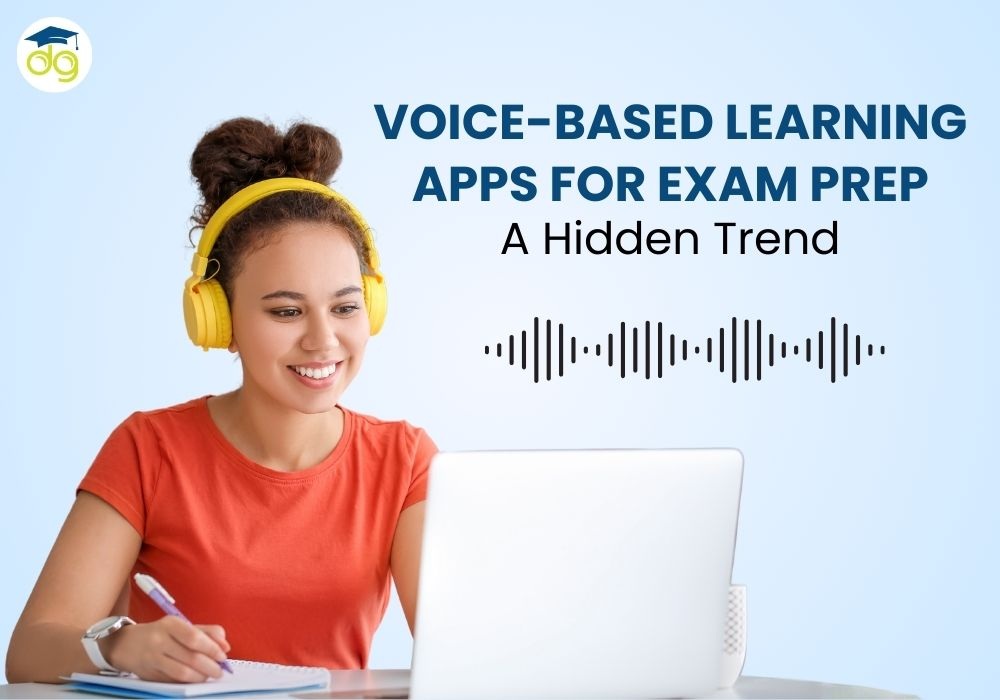
Voice-Based Learning Apps: The New Trend in Exam Preparation
by Skoodos Bridge
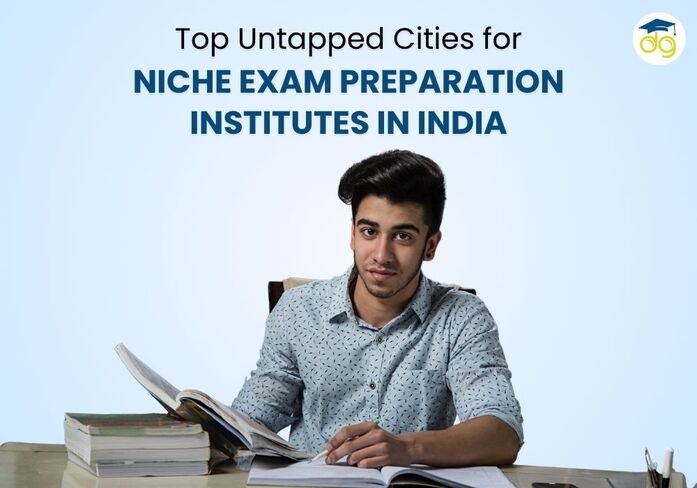
Top Untapped Indian Cities Ideal for Niche Exam Coaching Institutes
by Skoodos Bridge

Hostel vs PG vs Rent: Best Stay for Coaching Students in India
by Skoodos Bridge
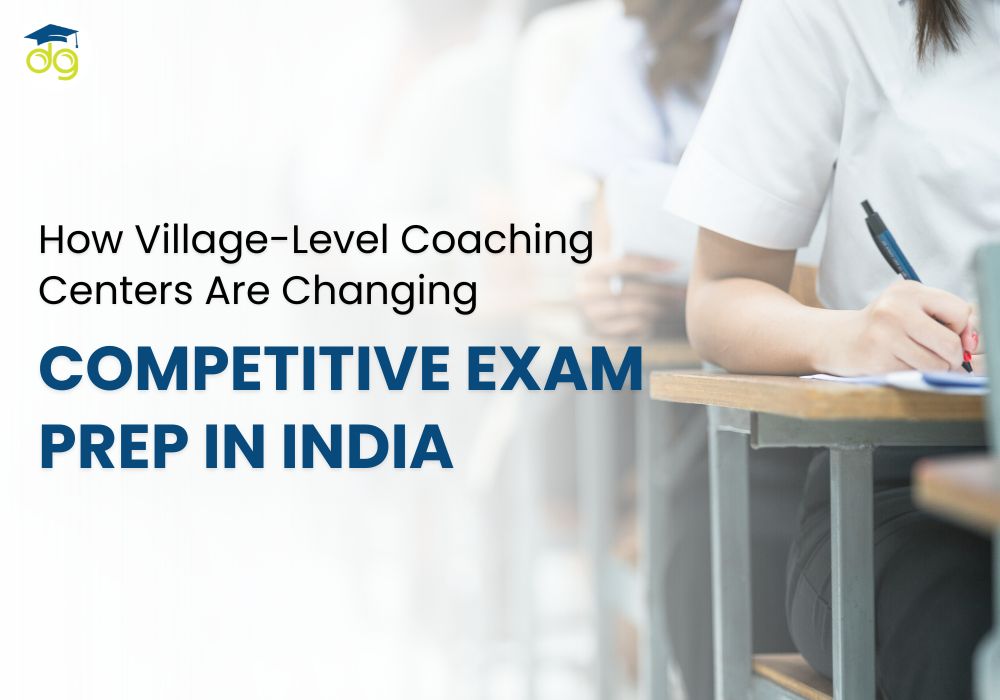
Village Coaching Centres Transforming Competitive Exam Prep in India
by Skoodos Bridge
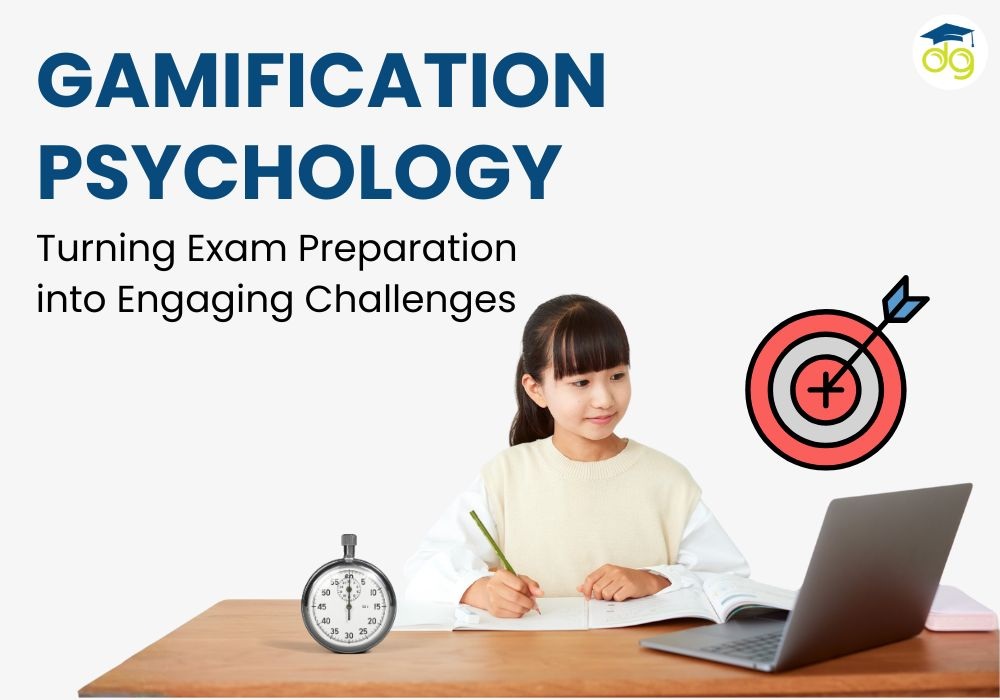
Gamification Psychology: Transforming Exam Preparation into Play
by Skoodos Bridge

Time Zone Study Scheduling for Indian Students in Global Coaching
by Skoodos Bridge

Parent Communication Strategies for Managing Exam Family Pressure
by Skoodos Bridge

Budget Breakdown: Cost Analysis of Top JEE Coaching Institutes 2025
by Skoodos Bridge
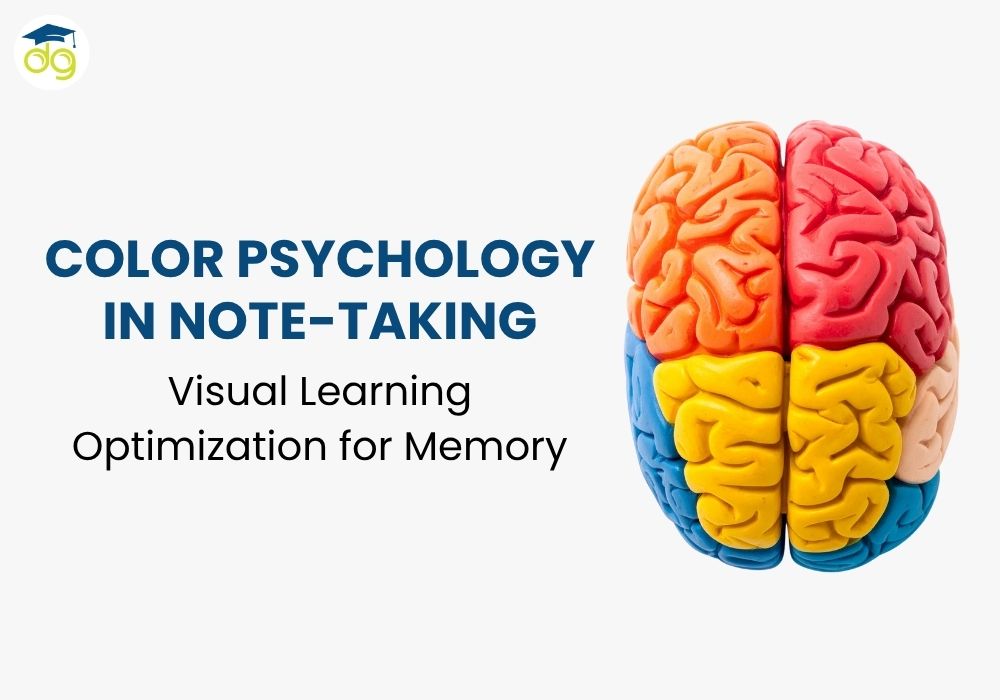
Color Psychology in Note-Taking for Better Memory and Learning
by Skoodos Bridge
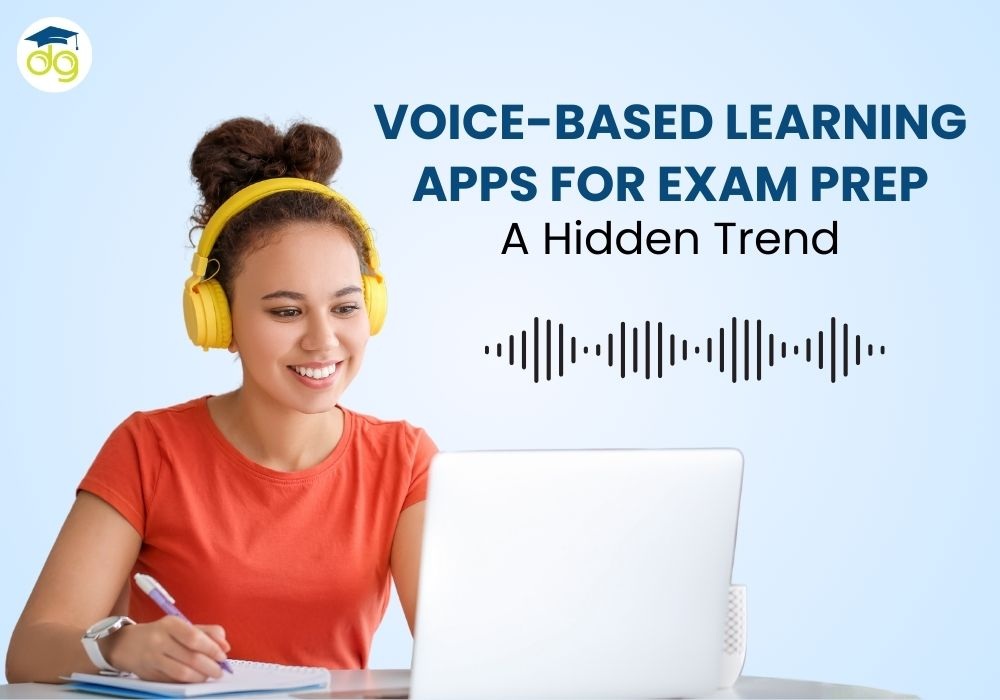

Leave a Comment